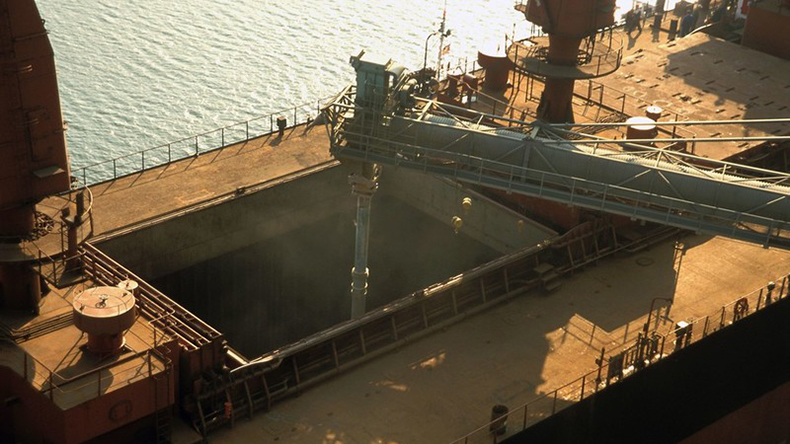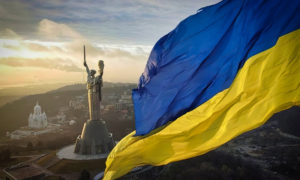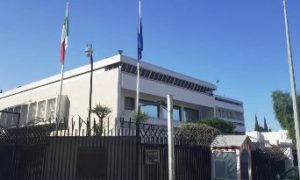The International Grains Council expresses the conflict between Russia and Ukraine resulted in a spike in agricultural commodity prices fuelling concerns about potential food security risks, especially in import-dependent countries in Near East Asia and Africa.
In a monthly report concentrated on the conflict, the council stated the immediate threat centred on the disruption to export flows, while in the longer-term, crops could be impacted due to fertiliser constraints.
Most of Russia’s Black Sea terminals were however operational as of mid-March, the IGC said, with some ongoing restrictions in the Azov Sea.
Some loadings had recently resumed, although volumes may be hampered by trade finance restrictions and additional ocean freight insurance requirements.
According to the IGC, additional exports from other origins, including India, the US, the European Union and Brazil, will likely only partially offset lower Black Sea shipments over the remainder of the current season.
With high prices expected to ration demand, the 2021/22 global wheat and corn trade is forecast to fall short of earlier predictions, while uncertainties prevail for the 2022/23 season, the report said.
“While the extent of infrastructure losses is unknown, potential damage to port facilities, railroads and storage silos could impact shipments over the longer term,” the council adds.
“In addition to tight availability of fuel, farm inputs and labour, access to some fields is currently impossible, leading to mounting worries about farmers’ ability to fertilise winter crops and plant spring varieties.
“The conflict has heightened concerns about tight global fertiliser supply chains, stoked by restricted shipping operations to the region, as well as latest sanctions on Russia and Belarus, respectively two of the world’s leading suppliers of nitrogenous and potash fertilisers.
“The crisis has already sparked a number of policy responses in other countries, heightening fears about rising protectionism and the potentially adverse consequences for food-insecure nations. Additionally, broader market turmoil and downside risks to global economic growth could also affect supply and demand dynamics, while rising crude oil and commodity prices may further fuel inflationary pressure” the council adds in its report.
It pointed out that the spike in natural gas prices, a key feedstock in nitrogen fertiliser production, has also contributed to recent price gains.
The crisis has already sparked a number of policy responses in other countries, heightening fears about rising protectionism and the potentially adverse consequences for food-insecure nations. Additionally, broader market turmoil and downside risks to global economic growth could also affect supply and demand dynamics, while rising crude oil and commodity prices may further fuel inflationary pressure.
What's happening in Tunisia?
Subscribe to our Youtube channel for updates.

















































